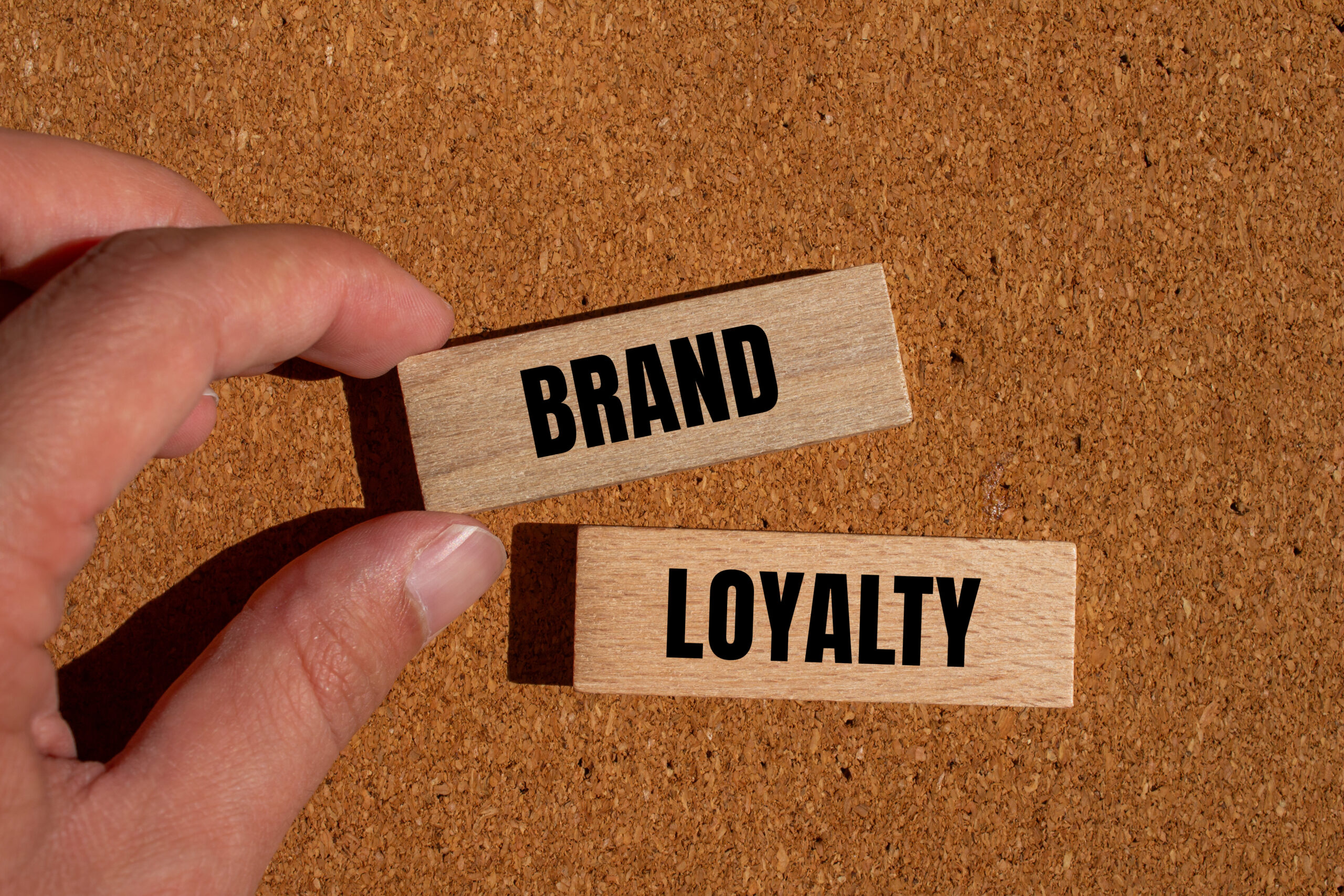In today’s highly competitive market, brands are constantly seeking innovative ways to connect with their audience and foster long-term loyalty. One of the most effective strategies that has emerged in recent years is experiential marketing. This approach goes beyond traditional advertising by creating memorable, immersive experiences that engage consumers on a deeper level. In this blog, we’ll explore the role of experiential marketing in building brand loyalty and why it has become a crucial component of modern marketing strategies.

What is Experiential Marketing?
Experiential marketing, also known as engagement marketing, is a strategy that involves creating live, interactive experiences that allow consumers to engage directly with a brand. These experiences can take various forms, such as events, pop-up shops, product demonstrations, and immersive installations. The goal is to create a meaningful connection between the brand and the consumer, fostering positive associations and emotional bonds.

The Power of Experience
One of the key reasons experiential marketing is so effective in building brand loyalty is its ability to create lasting memories. Unlike traditional advertising, which often relies on passive consumption of information, experiential marketing actively involves consumers in the brand’s story. This active participation helps to create a sense of ownership and personal connection, making consumers more likely to remember the brand and develop a positive perception.
For example, consider a brand that hosts a pop-up event where consumers can try out their products in a fun and engaging environment. This hands-on experience allows consumers to see, touch, and feel the products, creating a more impactful sensory connection than simply seeing an ad. When consumers have a positive experience with a brand, they are more likely to develop a sense of loyalty and become repeat customers.

Emotional Engagement
Experiential marketing also excels at tapping into consumers’ emotions. By creating experiences that evoke positive feelings, brands can build strong emotional connections with their audience. Emotions play a significant role in decision-making, and when consumers feel emotionally connected to a brand, they are more likely to remain loyal.
For instance, a brand that organizes a charity event or community initiative can create a sense of goodwill and social responsibility. Consumers who participate in or witness these events may feel a sense of pride and connection to the brand, reinforcing their loyalty. Emotional engagement goes beyond the product itself, creating a holistic brand experience that resonates with consumers on a deeper level.

Social Sharing and Amplification
In the age of social media, experiential marketing has the added benefit of being highly shareable. When consumers have a memorable experience with a brand, they are likely to share it with their friends and followers on social media. This organic sharing amplifies the brand’s reach and creates a sense of community among consumers.
Brands can leverage this by designing experiences that are visually appealing and share-worthy. For example, an Instagram-worthy installation or a unique event can encourage consumers to take photos and share them online. This not only increases brand visibility but also serves as a form of social proof, as consumers trust recommendations from their peers more than traditional advertising.

Building Trust and Authenticity
Experiential marketing can also help build trust and authenticity, which are crucial components of brand loyalty. By providing consumers with genuine, transparent experiences, brands can demonstrate their values and commitment to quality. This authenticity fosters trust, making consumers more likely to remain loyal to the brand.
For example, a brand that offers behind-the-scenes tours of their production process or hosts Q&A sessions with their founders can create a sense of transparency and openness. Consumers appreciate brands that are willing to show their true selves and engage in honest communication. This trust-building aspect of experiential marketing can lead to long-term loyalty and advocacy.
Experiential Marketing: The Key to Lasting Brand Loyalty
In conclusion, experiential marketing plays a vital role in building brand loyalty by creating memorable, emotional, and shareable experiences. By engaging consumers on a deeper level and fostering genuine connections, brands can cultivate a loyal customer base that is more likely to advocate for them. As the marketing landscape continues to evolve, experiential marketing will remain a powerful tool for brands looking to stand out and build lasting relationships with their audience.

